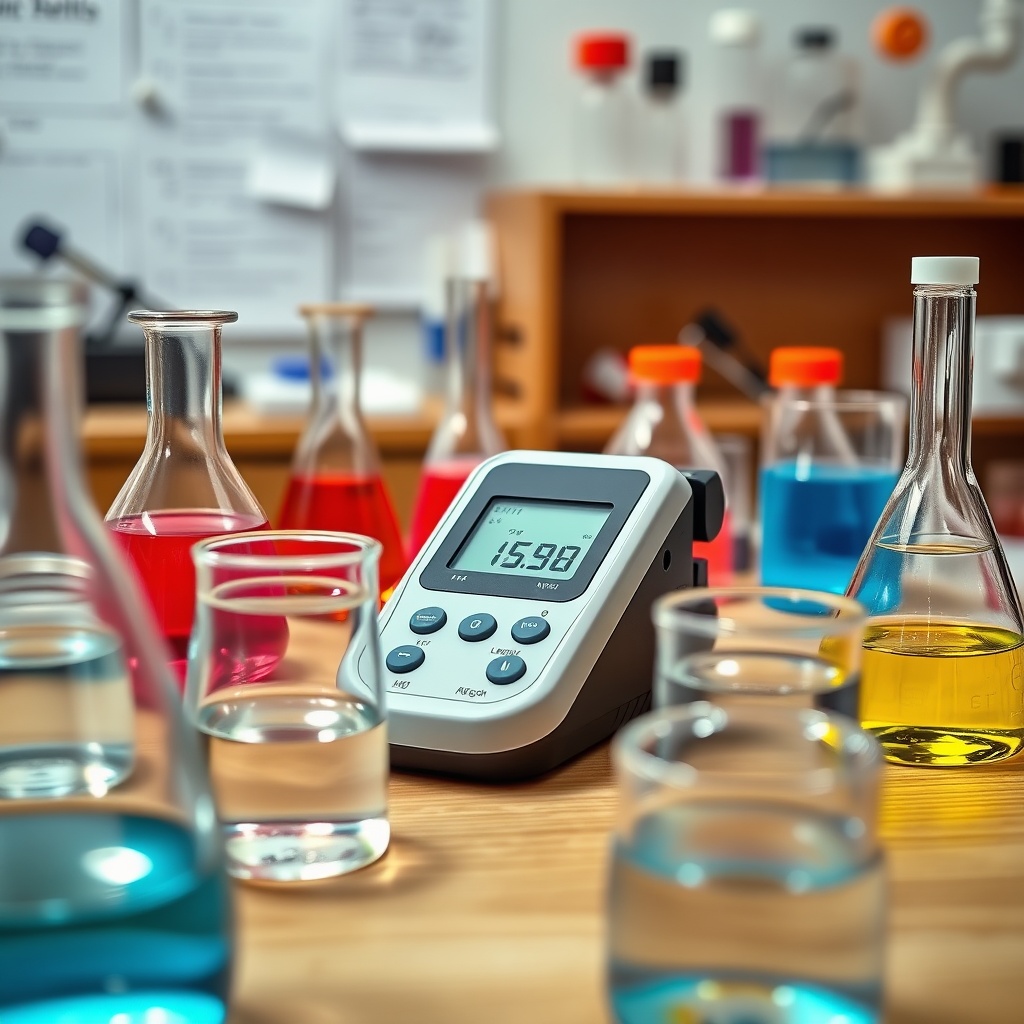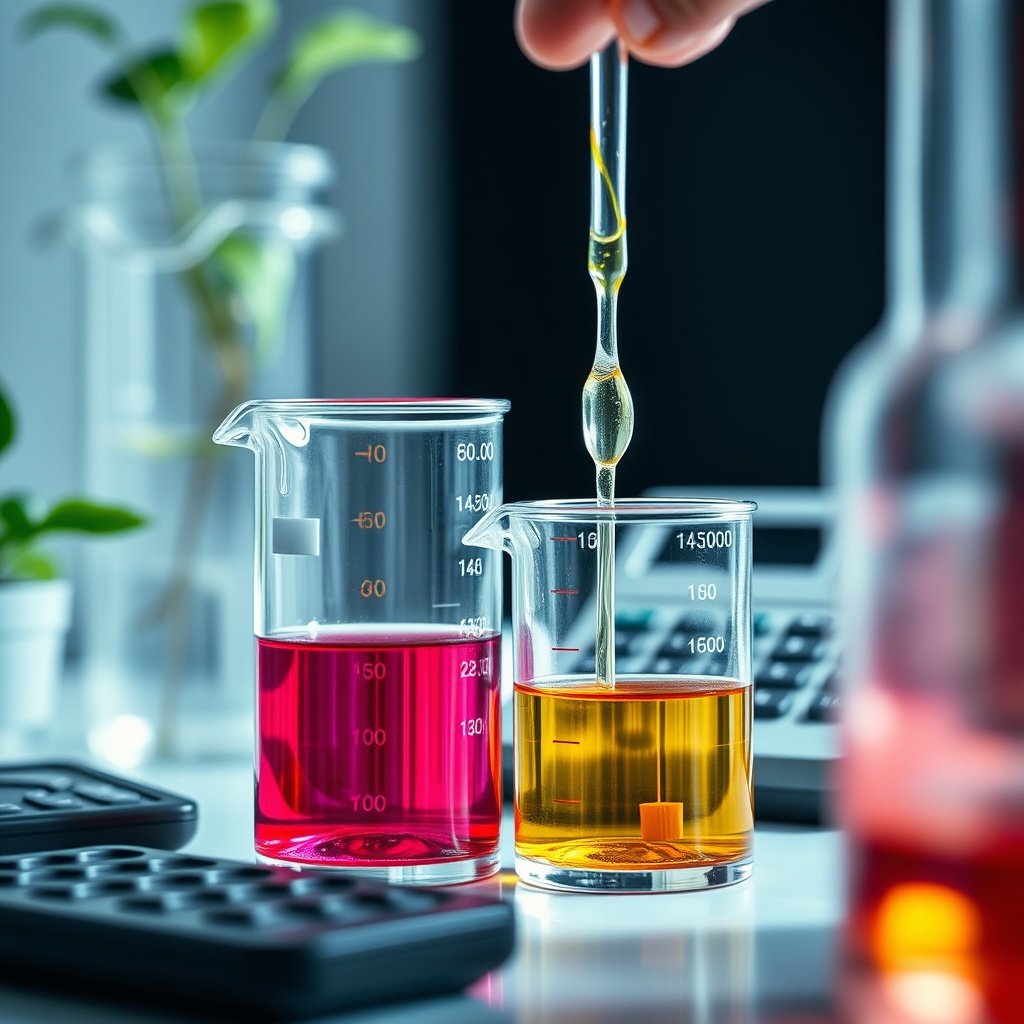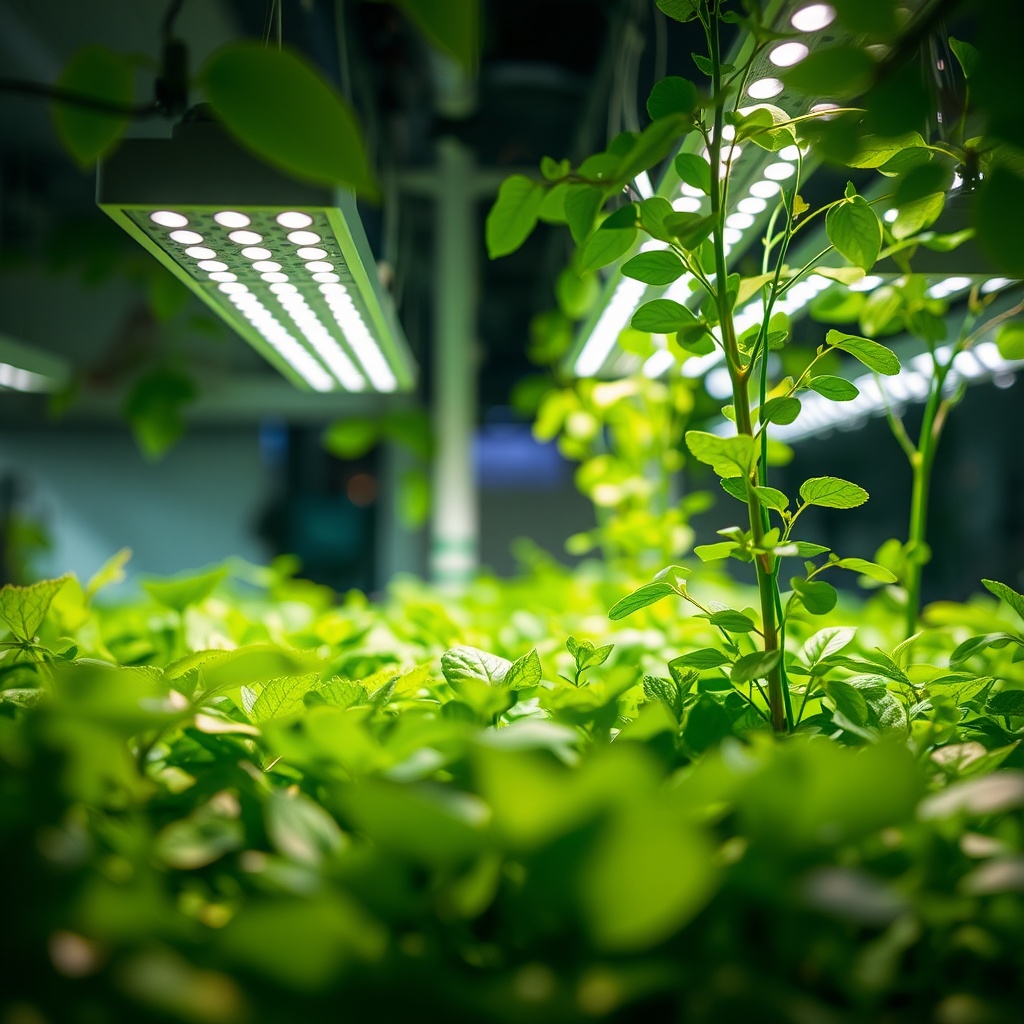In an era where precision is paramount, understanding electrical conductivity (EC) meters is crucial across numerous applications, from agriculture to environmental monitoring. These devices measure the ability of water to conduct electrical current, which can reveal a lot about its ionic content. As the demand for quality water increases, so does the relevance of EC meters in ensuring that our resources are safe and effective.
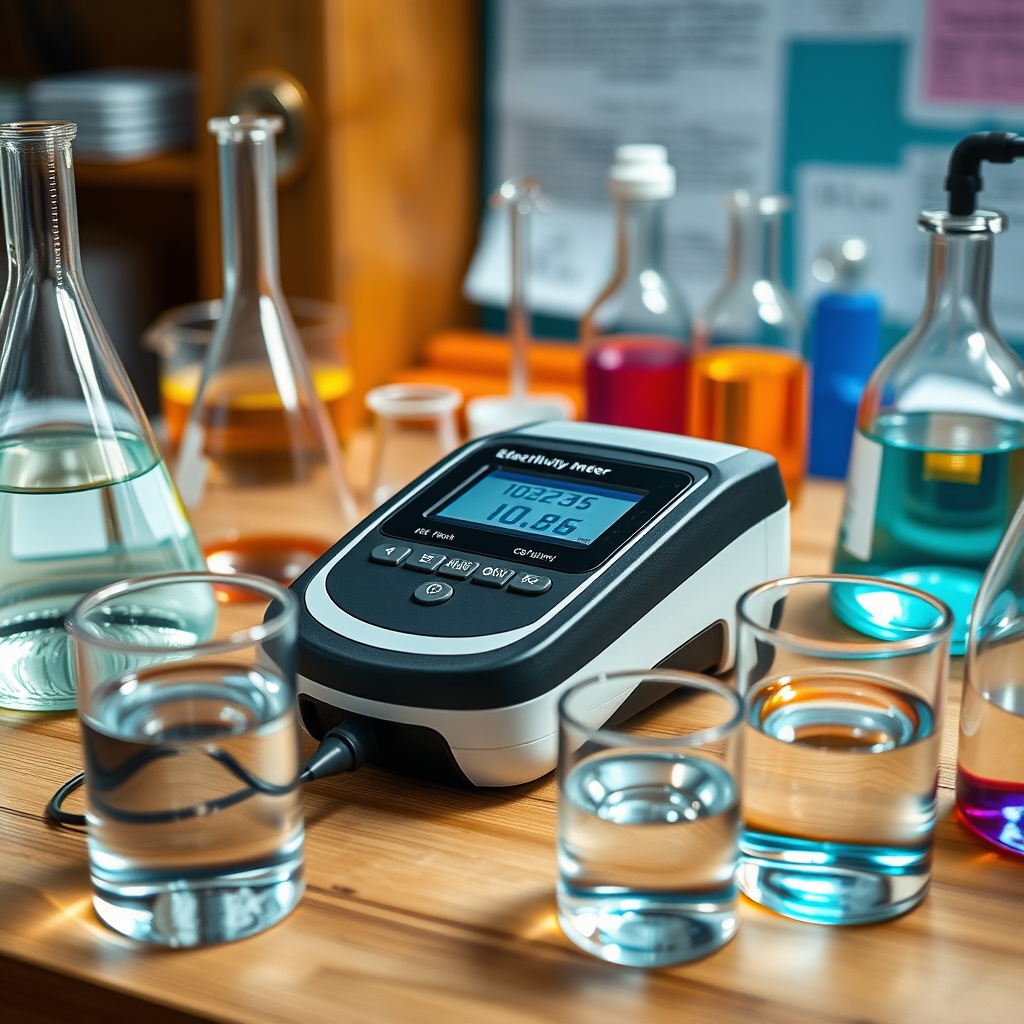
At the core of an EC meter is its ability to measure the ions in a solution. The meter passes an electrical current through the liquid and measures how easily the current flows. This flow is influenced by the concentration of dissolved salts and minerals in the water, which in turn provides essential data on water quality.
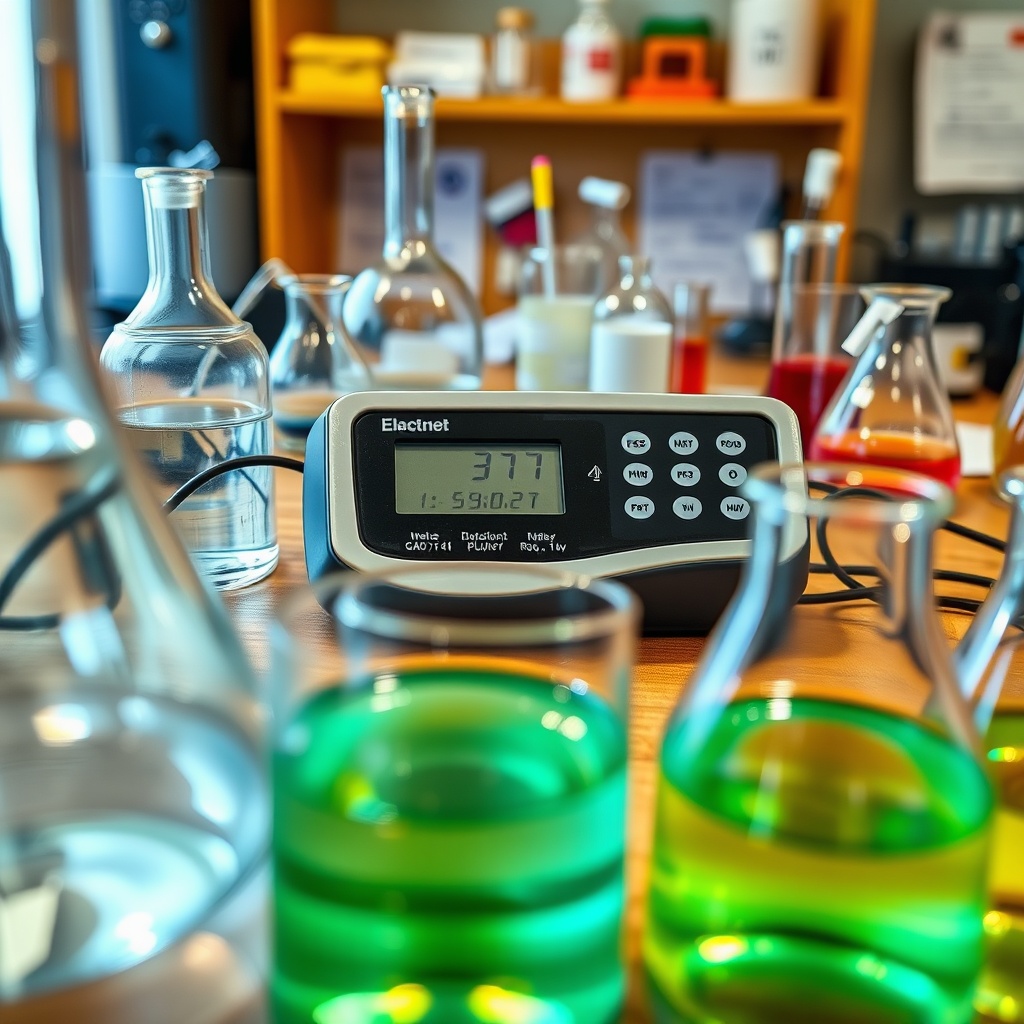
Understanding this mechanism is not just for scientists; farmers can use it to determine soil health, while aquarists can ensure the right conditions for aquatic life. So, what should you look for in an EC meter? Let’s break this down.
- Accuracy: Ensure the meter provides precise readings.
- Range: Choose a meter that can measure the specific EC range relevant to your needs.
- Calibration: A good meter should be easy to calibrate for consistent performance.
- Durability: Look for meters that can withstand the conditions of your work environment.
As technology advances, so do the capabilities of EC meters. The future is bright with innovations such as smart meters that can connect to mobile devices, providing real-time data analysis and monitoring. These advancements not only enhance user experience but also increase the accuracy of measurements, making it easier to manage resources effectively.
Moreover, the integration of artificial intelligence is set to revolutionize how we interpret conductivity data. Imagine a system that not only provides readings but also predicts potential issues based on historical data trends. The evolution of EC meters is indeed paving the way for smarter, more sustainable practices in various industries.

